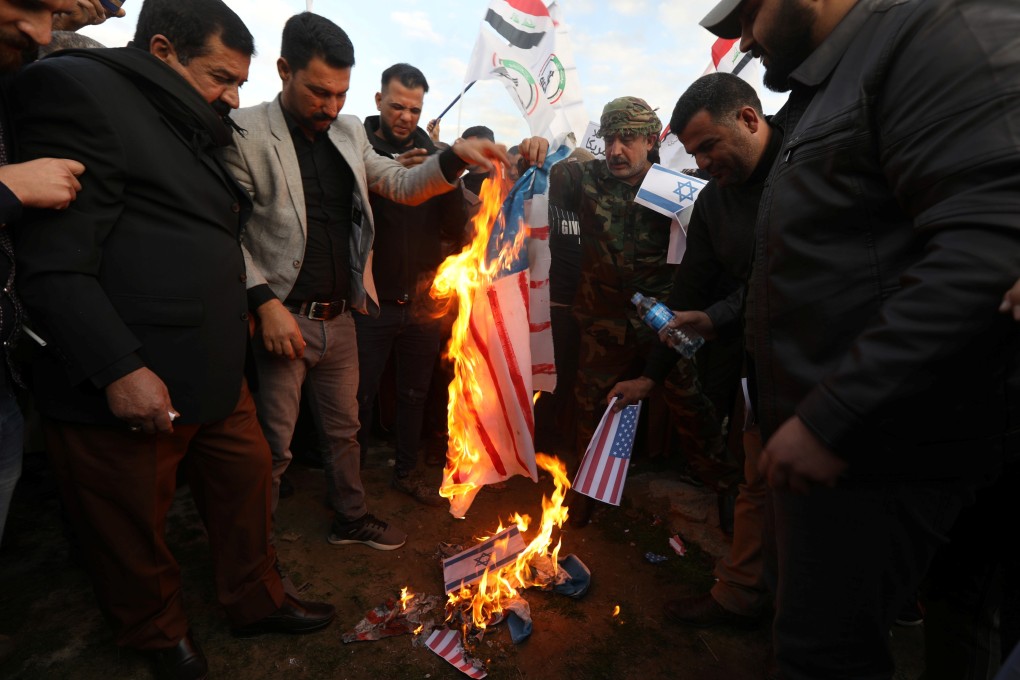Advertisement
Opinion | US-Iran crisis may help China find its voice over Middle East
- Ankit Panda argues that Donald Trump’s decision to target Qassem Soleimani presents a troubling prospect but also an intriguing opportunity for Beijing
- China has traditionally kept a low profile during major international events but is increasingly willing to speak out, often in concert with Russia
Reading Time:3 minutes
Why you can trust SCMP

The action-reaction cycle of escalation between the United States and Iran took a dramatic turn on January 8 as Iran’s Islamic Revolutionary Guard Corps launched several ballistic missiles at US military facilities in Iraq.
Advertisement
The attack, codenamed Operation Martyr Soleimani, was designed by the Iranian side to avenge the killing of Qassem Soleimani, the late leader of the corps’ Quds Force, who was responsible for managing Tehran’s proxy and regional activities in the Middle East.
The current round of escalation can be traced back to the final days of 2019, when the United States reacted disproportionately to an attack that killed a US contractor by the Iran-aligned Kataib Hezbollah militia in Iraq.
But even going further back, the events of the last two weeks can be traced to the gradual heightening of tensions between Washington and Tehran since the May 2018 decision by the Trump administration to place the United States in violation of its commitments under the 2015 Joint Comprehensive Plan of Action and the American decision to reimpose sanctions on Iran.
As the Trump administration enters what might be its final year in office, the spiralling crisis with Iran underscores the consequences of the lack of effective bureaucratic guardrails on the president’s impulses.
Advertisement

Advertisement
